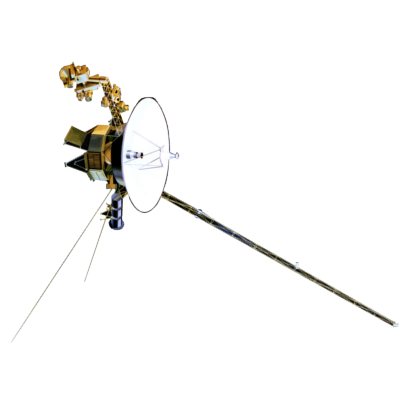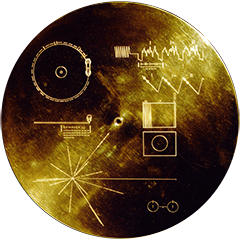Voyager LECP Data Analysis Handbook
Instrument Modeling Reports
by Sheela Shodhan
Figure 5.14. Angular distribution for energy E=320 keV. Left: at the point (-0.718812,-0.09375,-0.02384); right: at the aperture.

Figure 5.15. Angular distribution for energy E=320 keV. Left: at the point (-0.718812,-0.09375,0.02384); right: at the aperture.

Figure 5.16. * shows the points on the detector Beta which sample the area. Left: At the point (-0.718812,-0.09375,-0.02384); right: at the point (-0.718812,-0.09375,0.02384).

Return to thesis table of contents.
Return to Voyager
LECP Data Analysis Handbook Table of Contents.
Return to Fundamental
Technologies Home Page.
Updated 8/9/19, Cameron Crane
VOYAGER 1 ELAPSED TIME
*Since official launch
September 5, 1977, 12:56:00:00 UTC
VOYAGER 2 ELAPSED TIME
*Since official launch
August 20, 1977, 14:29:00:00 UTC
QUICK FACTS
Mission Duration: 40+ years have elapsed for both Voyager 1 and Voyager 2 (both are ongoing).
Destination: Their original destinations were Saturn and Jupiter. Their current destination is interstellar space.



